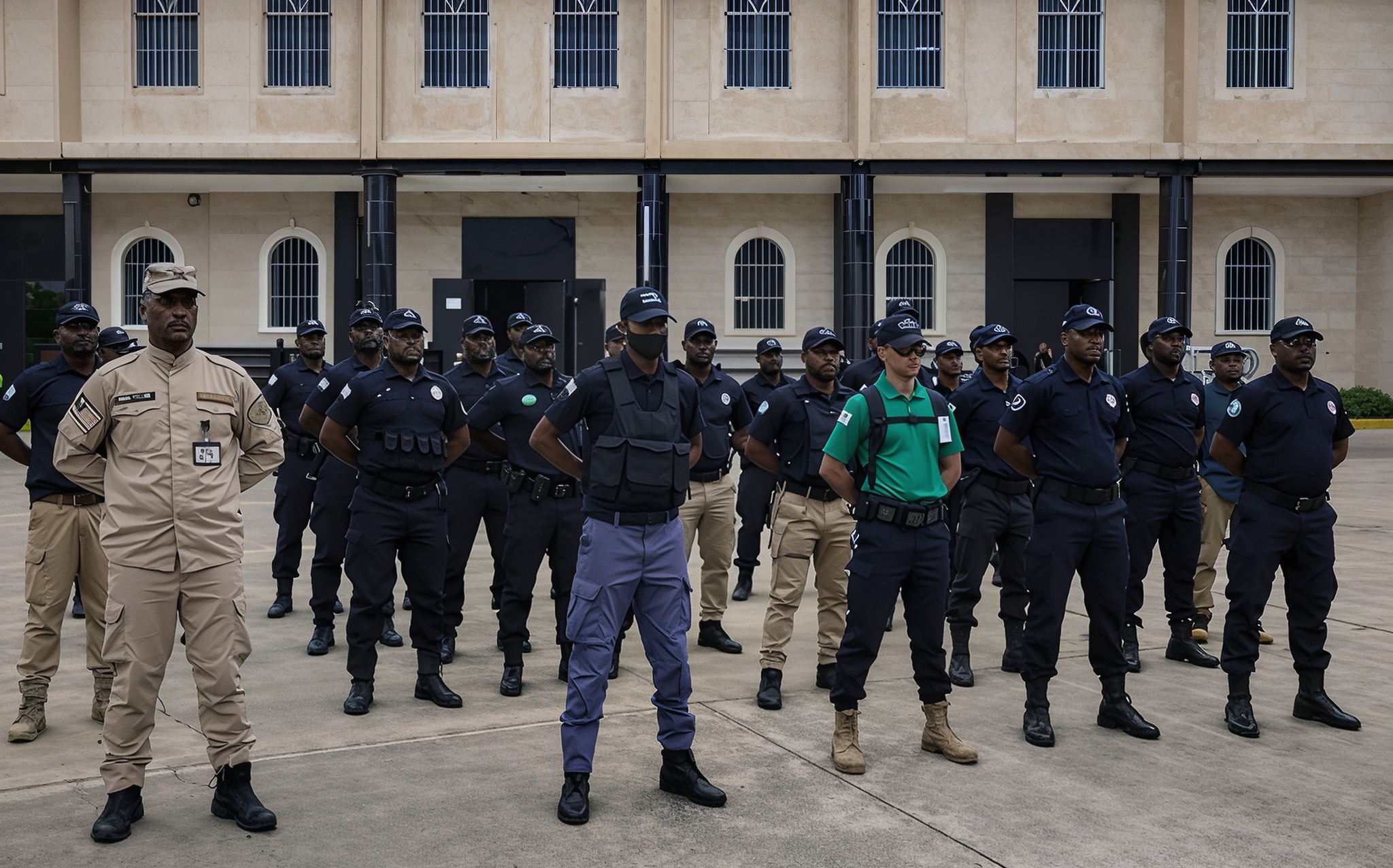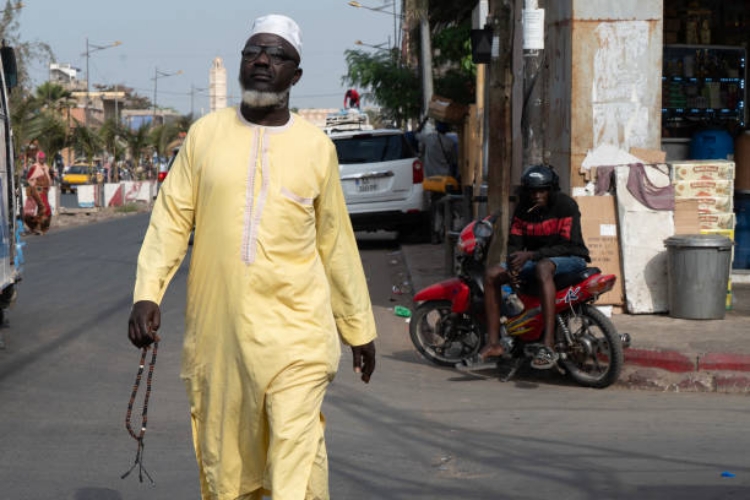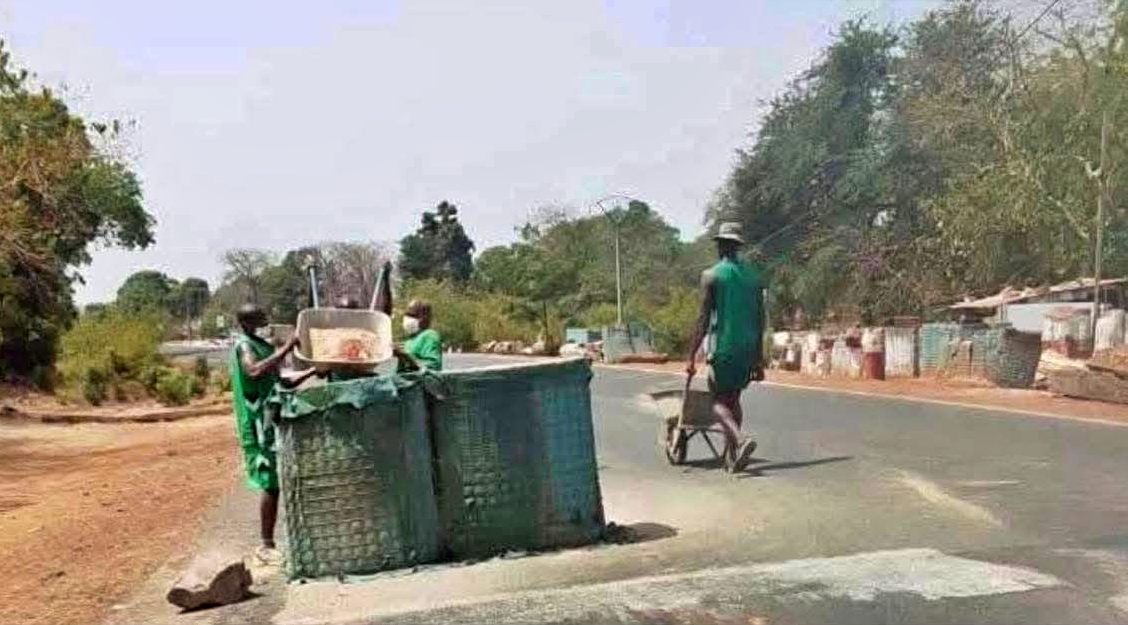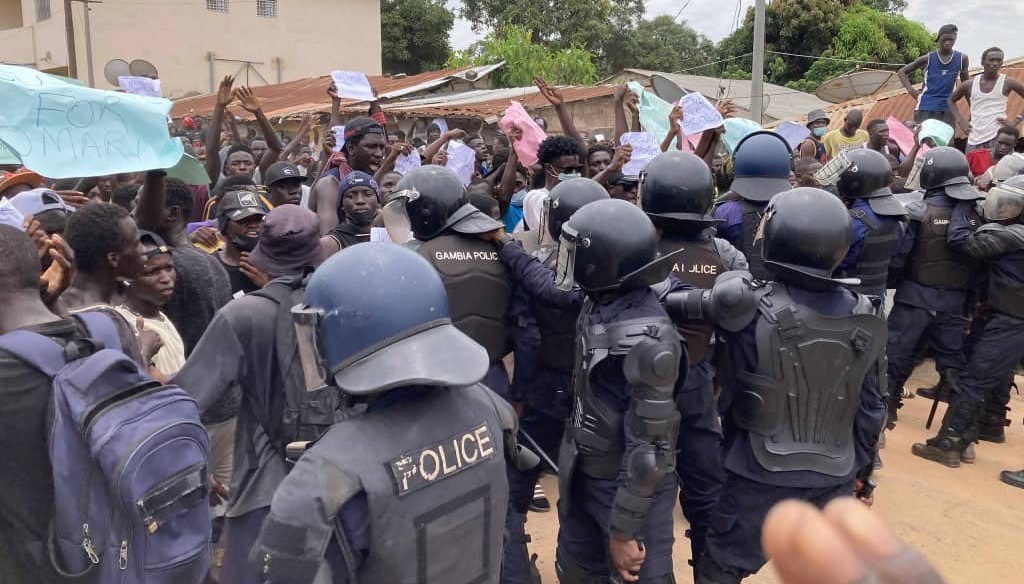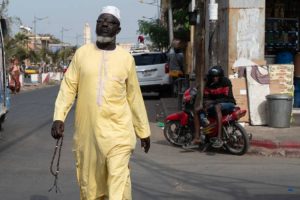Gambiaj.com – (BANJUL, The Gambia) – A coalition of thirteen civil society organizations has raised alarm over what it describes as the slow and uncertain progress of The Gambia’s Security Sector Reform (SSR) process, warning that continued delays and lapses in accountability are contributing to rising cases of police brutality and eroding public trust in state institutions.
In a position paper submitted to the Minister of Interior, Abdoulie Sanyang, the working group on transparency and accountability said the SSR agenda, launched nearly a decade ago following the 2016 democratic transition, has not translated into meaningful change on the ground despite policy commitments and international support.
Long Road, Limited Progress
According to the coalition, the reform process, intended to professionalise the security services, prevent abuses, and align policing with human rights principles, has been weakened by political hesitation, institutional resistance, and a lack of effective oversight mechanisms.
The organizations argue that while the government accepted the Truth, Reconciliation, and Reparations Commission (TRRC) recommendations on security reform and outlined them in its White Paper, implementation has been slow and fragmented.
The position paper notes that although some progress has been made, including the development of new policing policies and cooperation with international partners, many of the key reforms promised remain unfulfilled.
For instance, the National Human Rights Commission’s latest monitoring report shows that only a fraction of the 263 accepted TRRC recommendations have been fully implemented, with several crucial police-related reforms still pending, including the revision of crowd control training manuals and operational guidelines.

Police Brutality Under Scrutiny
Civil society groups say this lack of progress is reflected in the continued use of excessive force by police, particularly the Police Intervention Unit (PIU), during protests and arrests.
The paper highlights several examples, including the 2018 killing of three youths in Faraba during a protest, the 2019 killing of University of The Gambia student Kebba Secka by a police officer, the death of vendor Ousman Darboe following his detention by the Anti-Crime Unit, and the 2025 killing of Omar Badjie in Mandinari.
More recent allegations, such as the incident involving journalist Khadijah Bokum, who reported police officers storming her compound and assaulting family members during a security operation in September 2025, are cited as evidence of what the organisations describe as a persistent “culture of impunity.”
The coalition argues that the failure to fully reform and properly oversee the police undermines the very democratic gains The Gambia has made since the fall of the Jammeh regime.
Without urgent action, the paper warns, the gap between citizens and the state will continue to widen, threatening national peace and stability.
Key Recommendations and a Call for Political Will
The civil society organizations are urging the government to demonstrate renewed political will, reinforce independent oversight of the police, insulate police leadership from political control, improve training and professional conduct, and ensure transparency in recruitment and disciplinary processes.
They stress that SSR must move beyond policy drafting and toward measurable, people-centered reforms that protect rights and strengthen accountability.
“Transforming the security sector is not only a technical requirement but also a moral obligation to safeguard democratic governance,” the signatories stated. They called on the government, National Assembly, Ministry of Interior, security institutions, civil society, and international partners to collaborate urgently to prevent further setbacks.
The position paper was signed by Activista The Gambia, Beakanyang, Center for Budget and Macroeconomic Transparency, Charter Seventy, Edward Francis Small Centre for Rights and Justice, Fantanka, Movement for Social Justice, Music For Change, Solo Sandeng Foundation, Team Gom Sa Bopa, the National Youth Parliament, Think Young Women, and the Women’s Association for Victims’ Empowerment.
The coalition expressed hope that the government will engage with the recommendations and take decisive steps to revive the reform process, stating that Gambians deserve a security sector that protects their rights rather than threatens them.



